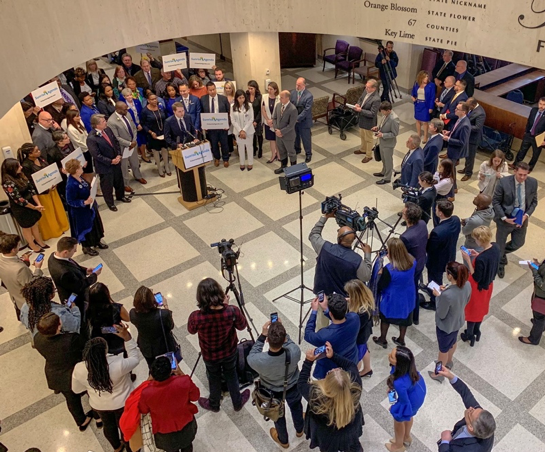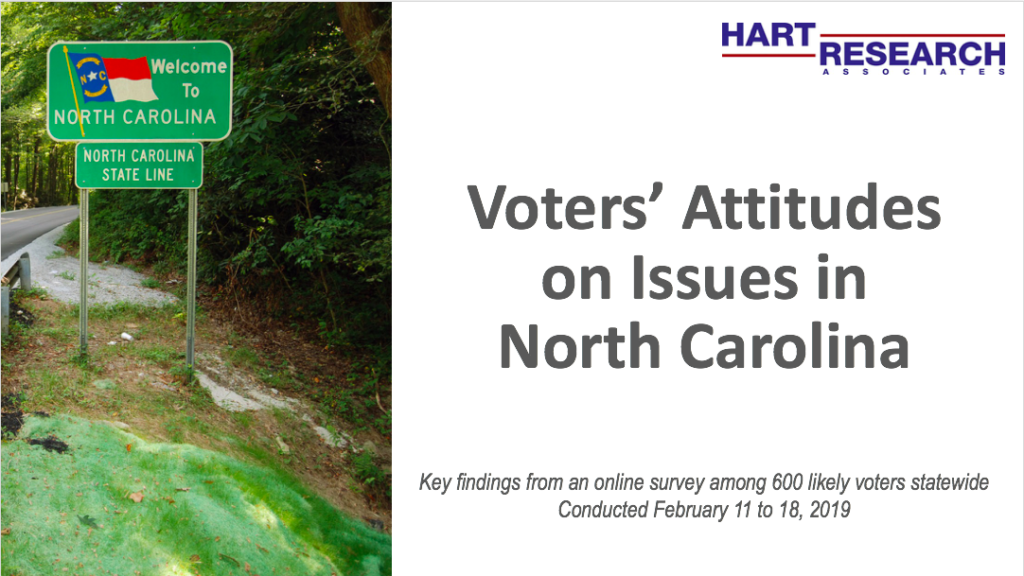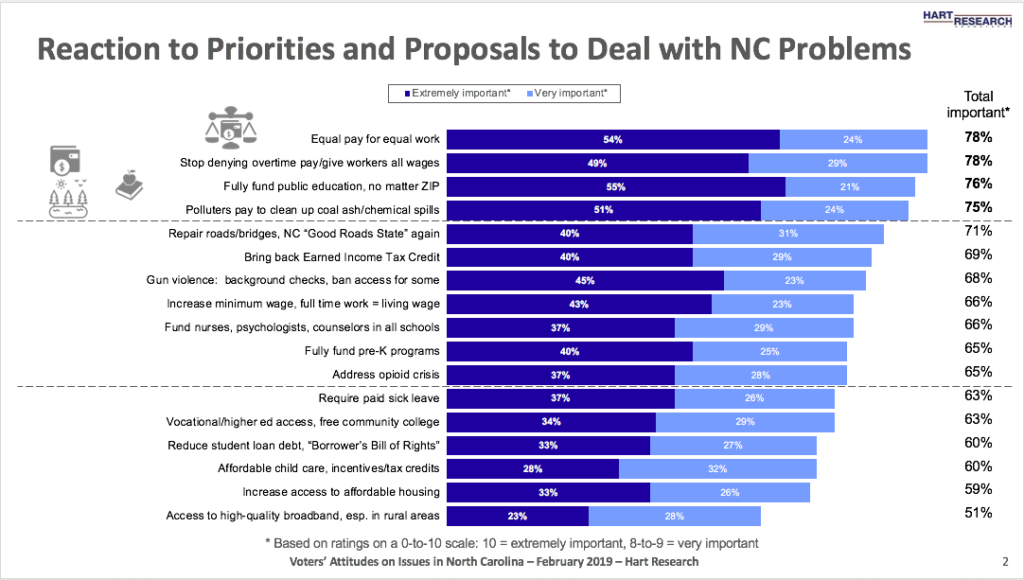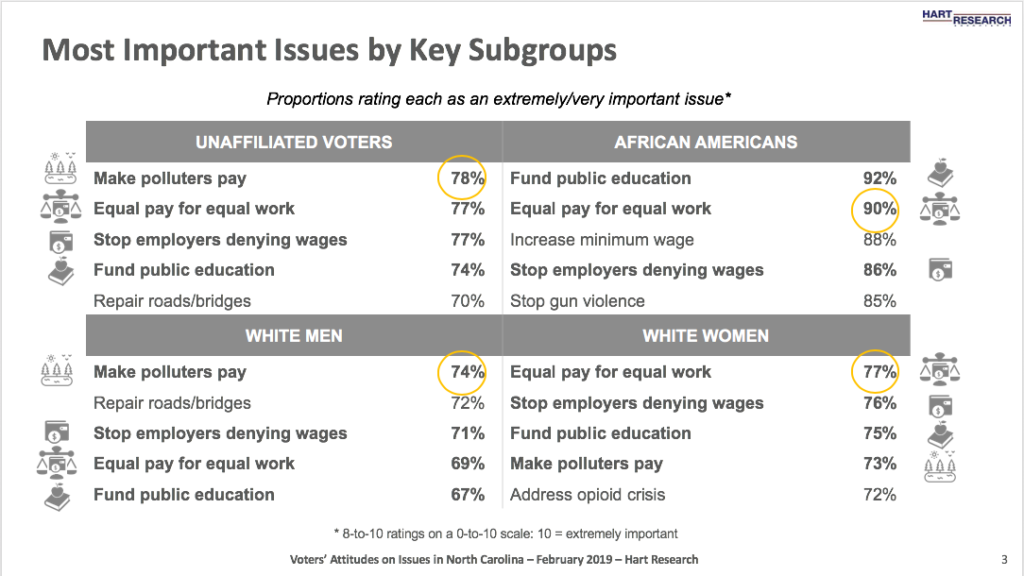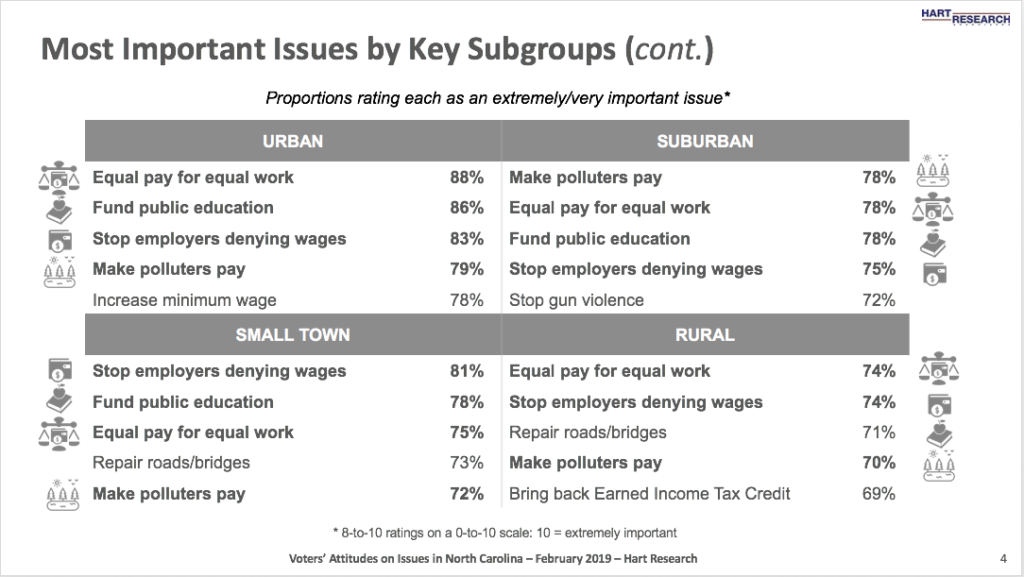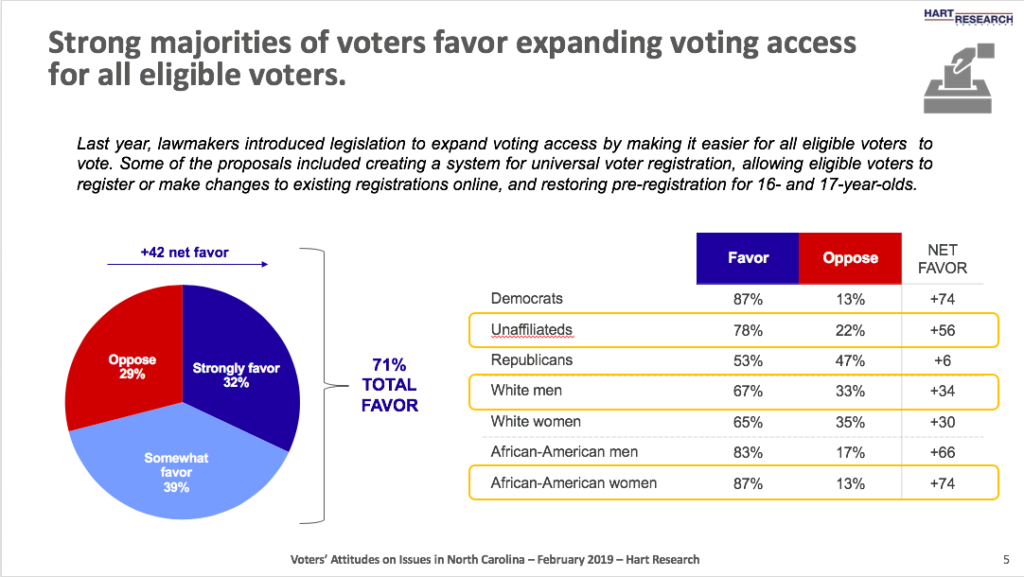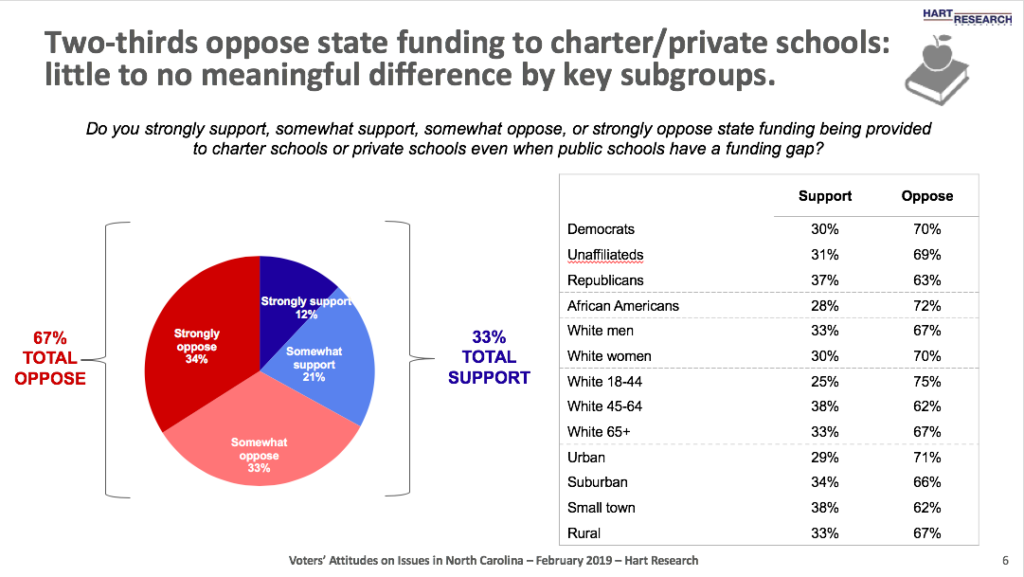The Growing Shadow of State Interference: Preemption in the 2019 State Legislative Sessions
Today, many of America’s cities, towns, and counties have less power than they did at the start of the year to protect the health and safety of their communities or to respond to the unique needs and values of their residents. That’s because between January and June 2019, state legislatures across the nation continued a troubling trend of passing more laws forbidding or “preempting” local control over a large and growing set of public health, economic, environmental, and social justice policy solutions. This legislative session, state lawmakers made it illegal for locally-elected officials to enact a plastic bag ban in Tennessee, raise revenues in Oregon, regulate e-cigarettes in Arkansas, establish minimum wages in North Dakota, protect county residents from water and air pollution produced by animal feedlots in Missouri, or protect immigrants from unjust incarceration in Florida.
Some states this session went further, with bills aimed at abolishing core powers long held by cities, including their ability to negotiate and set employment terms with their own contractors, enact and implement local land use laws, and control their own budgets and finances.
From 2011 – 2019, the quantity and reach of new preemption laws has skyrocketed.
But the tide may be turning. The 2019 legislative session also saw an unexpected and unprecedented number of bills filed to repeal state preemption laws and return legal authority for local decision-making in several states. Bills to repeal state preemption of local minimum wage laws, rent control, tobacco tax, oil and gas well regulation, plastic bag bans and broadband were introduced in legislatures across the country. Earlier this year, Colorado became the first state to legislatively repeal minimum wage preemption, countering a decade-long trend of state overreach. Also, in 2019, cross-issue coalitions working at the grassroots succeeded in killing or weakening preemption bills and more state and local lawmakers pushed back on state interference and became public champions of local democracy. This end-of-the 2019 session report, a joint product of the Local Solutions Support Center (LSSC) and the State Innovation Exchange (SiX), is not an encyclopedic scan of every state preemption bill passed in 2019. It is, instead, an illustrative look at the preemption trends observed this session.
Download the full report to read more.
